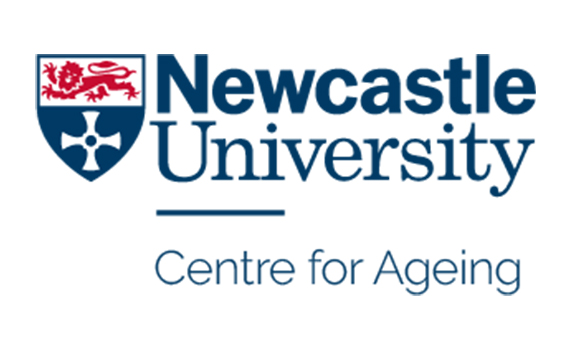Centre for Ageing
We address critical challenges in ageing and promote healthier, more productive lives.
Key objectives
NUAGE’s vision will be achieved via a focus on six key objectives. These relate to:
- research capacity development
- education
- external funding
- partnership building
- increasing visibility
- promotion of interdisciplinarity
Launch event
The launch event for NUAGE, the Newcastle University Centre for Ageing, will be held on 11 February 2026. At this event attendees will hear about plans for NUAGE and have the opportunity to meet with researchers, academic partners, and stakeholders from across the University as we celebrate our collective strengths in ageing research and foster new interdisciplinary collaborations.
To find out more about this event or the Centre for Ageing please email us using the link below.
